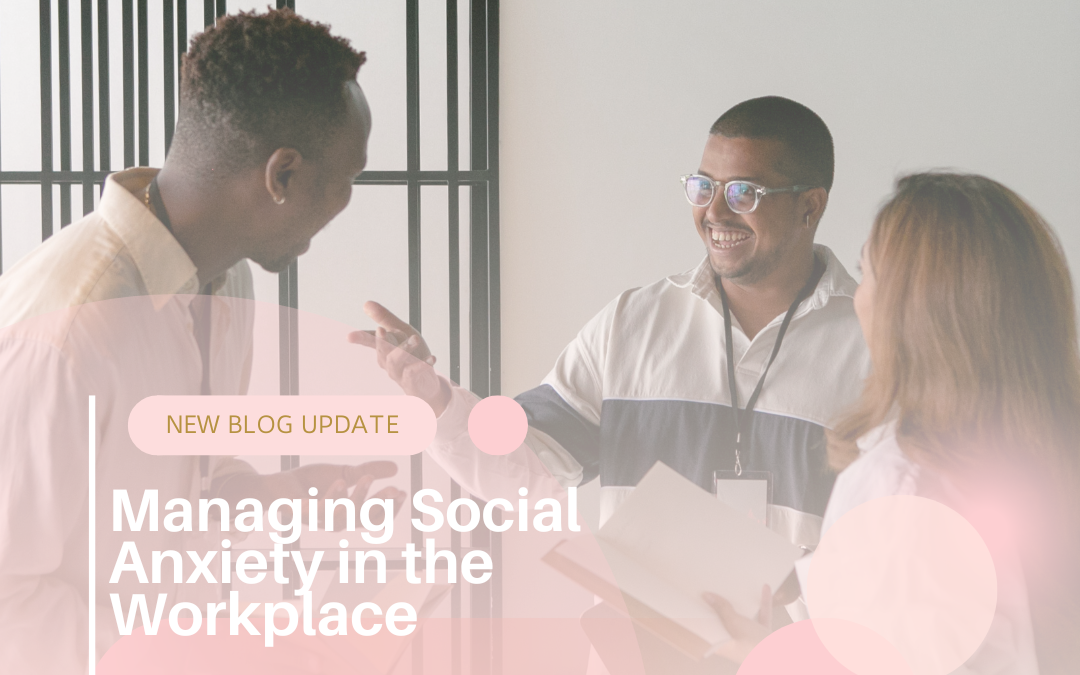According to the Anxiety and Depression Association of America, 15 million Americans—approximately 6.8% of the population—suffer from Social Anxiety Disorder (SAD). Also known as social phobia, SAD is characterized by an intense fear of social situations, where individuals worry they may embarrass or humiliate themselves in front of others. Those with SAD tend to fixate on every possible mistake they could make and assume that others are constantly judging them.
Common Social Phobias
One of the most prevalent fears among individuals with SAD is public speaking. Interestingly, the fear of public speaking ranks as the number one fear worldwide, surpassing even the fear of death. This highlights the profound anxiety that social situations can trigger for those with SAD.
Shyness vs. Social Anxiety Disorder
Many people mistake shyness for social anxiety disorder, but they are not the same. A shy person may feel uneasy in social settings but does not experience the debilitating fear associated with SAD. Furthermore, individuals with SAD often go to great lengths to avoid social interactions, whereas shy individuals do not necessarily engage in such extreme avoidance.
Symptoms of Social Anxiety Disorder
-
Intense and persistent fear of social or performance situations where one may be scrutinized by others.
-
Panic attacks triggered by the mere thought of social interactions.
-
Awareness that the fear is excessive or irrational, yet feeling unable to control it.
-
Avoidance of social situations whenever possible.
-
Significant interference with daily life, affecting career growth and personal relationships.
Managing Social Anxiety in the Workplace
If social anxiety is holding you back professionally, here are four effective strategies to help you cope:
1. Practice Meditation
Scientific studies show that meditation helps reduce anxiety and promote relaxation. Spending just 10 minutes a day focusing on your breath can help you feel more grounded and calm in stressful situations.
2. Shift Your Focus to Performance Instead of Feelings
People with SAD tend to dwell on their emotions during social interactions rather than on their actual performance. Instead of worrying about blushing or sweating—things beyond your control—shift your focus to making eye contact and speaking clearly. By concentrating on your achievements rather than your nerves, you’ll gradually build confidence.
3. Maintain a Realistic Perspective
Challenge irrational thoughts by reflecting on past successes. If you’ve given a successful presentation before, remind yourself that you are prepared and capable. Replace negative self-talk like “I’m going to fail” with affirmations like “I’ve done this before, and I can do it again.”
4. Seek Professional Support
If social anxiety is preventing you from reaching your career or personal goals, working with a therapist can be immensely beneficial. A professional can equip you with coping strategies to help you navigate social situations with greater ease and confidence.
Seeking Help
If you or someone you know is struggling with SAD and would like to explore treatment options, please reach out. I’d be happy to discuss how therapy can help you feel more comfortable and empowered in social settings.


Recent Comments